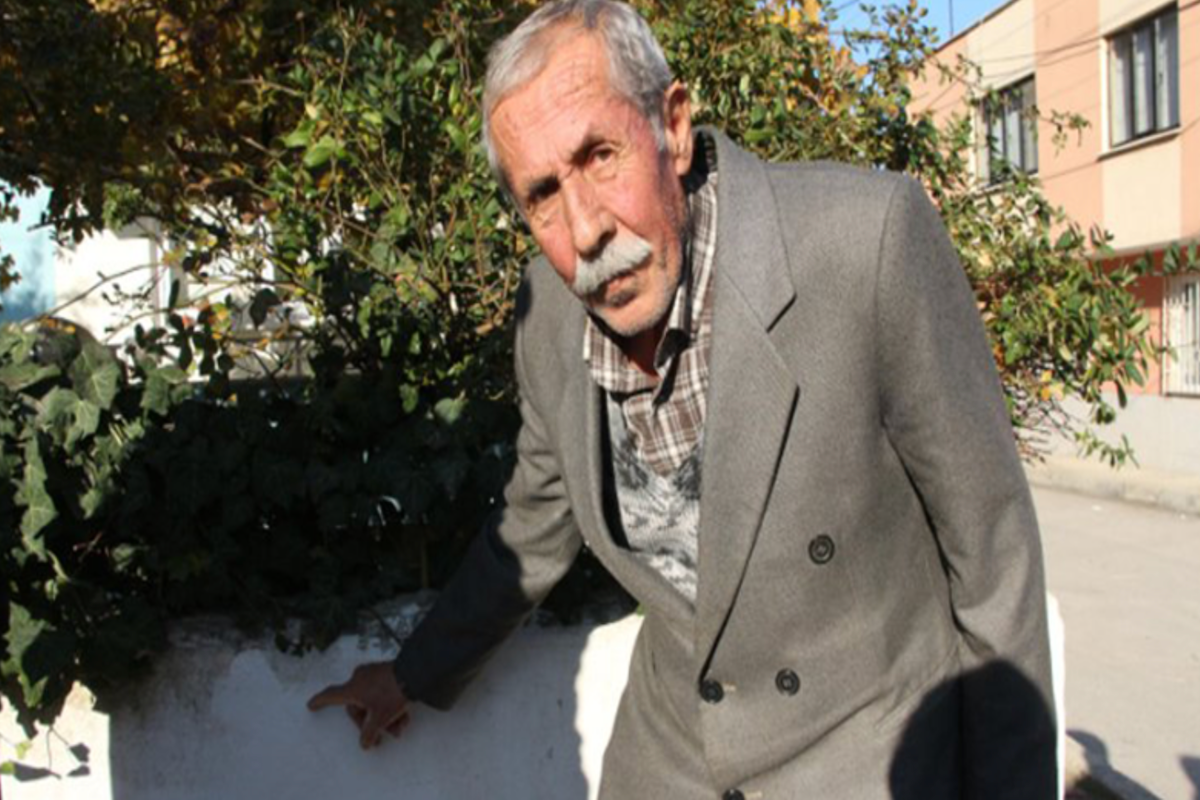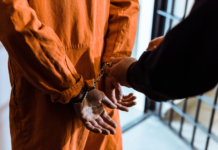Amid tension arising from the marking of Alevi houses in a neighborhood in the province of Malatya, a red cross mark was painted on the wall of Alevi house in Manisa on Tuesday. It was reported that a cross was marked with a red paint on the wall of the house of Kazım İnce, who lives in Hafsa Sultan neighborhood in the city’s Yunusemre district.
Following the incident, the local officials of Turkey’s main opposition Republican People’s Party (CHP) has reacted to the situation, and visited the neighborhood in which Kazım İnce’s house was located recently.
CHP Yunusemre District Chairman Serdar Bozyaka and the party members made a press statement and said that they have heard Alevi citizens living in the neighborhood where the similar signs that have been left in the days when they said they have heard.
Bozyaka said that “This action, especially in the region where our Alevi citizens are exposed to, brought all of us bad memories. This was done by an understanding targeting Alevi’s beliefs and life philosophies. In the face of these events in our country, the Alevis always have to live in an uneasy manner. They do not feel safe. The government has not taken the expected steps in the solution.”
“I urgently call on the Prime Minister, the Interior Minister and the security units. Urgently they should bring those people in responsible for painting marks on the doors of these houses to justice …” said Bozyaka.
According to reports in Turkish media, Kazım İnce’s son noticed the red mark and show it to his father. İnce told the police and complained regarding the situation. The red cross on the wall was cleared with white paint by the police officers later.
İnce said the “We are citizens of the Republic of Turkey. My grandfather is from Çanakkale, and I am a Turkmen. I have nothing else.”
In the meantime, Hacı Bektaşi Veli Anatolian Culture Foundation President Doğan Günel also reacted the marking the wall of the house of Alevi family.
Red crosses were painted on the front doors of 13 Alevi homes in the Cemal Gürsel neighborhood of Malatya province on Nov. 22 morning by unknown parties. Later on, Branch Chairperson of the Pir Sultan Abdal Cultural Association Mehmet Topal visited the neighborhood and talked to the families regarding the situation.
Though exact figures are not present, with its approximately 20 million adherents Alevis constitute the second-largest religious community in Turkey after Sunni Muslims.
Tensions between the Alevi and Sunni communities in Turkey date back to Ottoman times. In 1511, the Ottoman army brutally suppressed a revolt by the Kızılbaş Turkmens of the Alevi faith on Anatolian soil and as many as 40,000 were killed. The Battle of Çaldıran, fought between the Ottoman Empire under Yavuz Sultan Selim and the Safavid Shah İsmail in 1514, resulted in the sultan issuing an edict to kill all the Kızılbaş in the region.
During the republican era, thousands of Alevis were massacred in Dersim in 1937 and hundreds of Alevis were killed in pogroms, which many now believe were masterminded by groups inside the state, in the cities of Çorum, Yozgat and Kahramanmaraş in the 1970s. Thirty-four Alevi intellectuals were burned to death in 1992 inside the Madımak Hotel in Sivas. In other incidents, such as in İstanbul’s predominantly Alevi Gazi neighborhood in 1995, Alevis were targeted by individuals armed with machine guns.
















